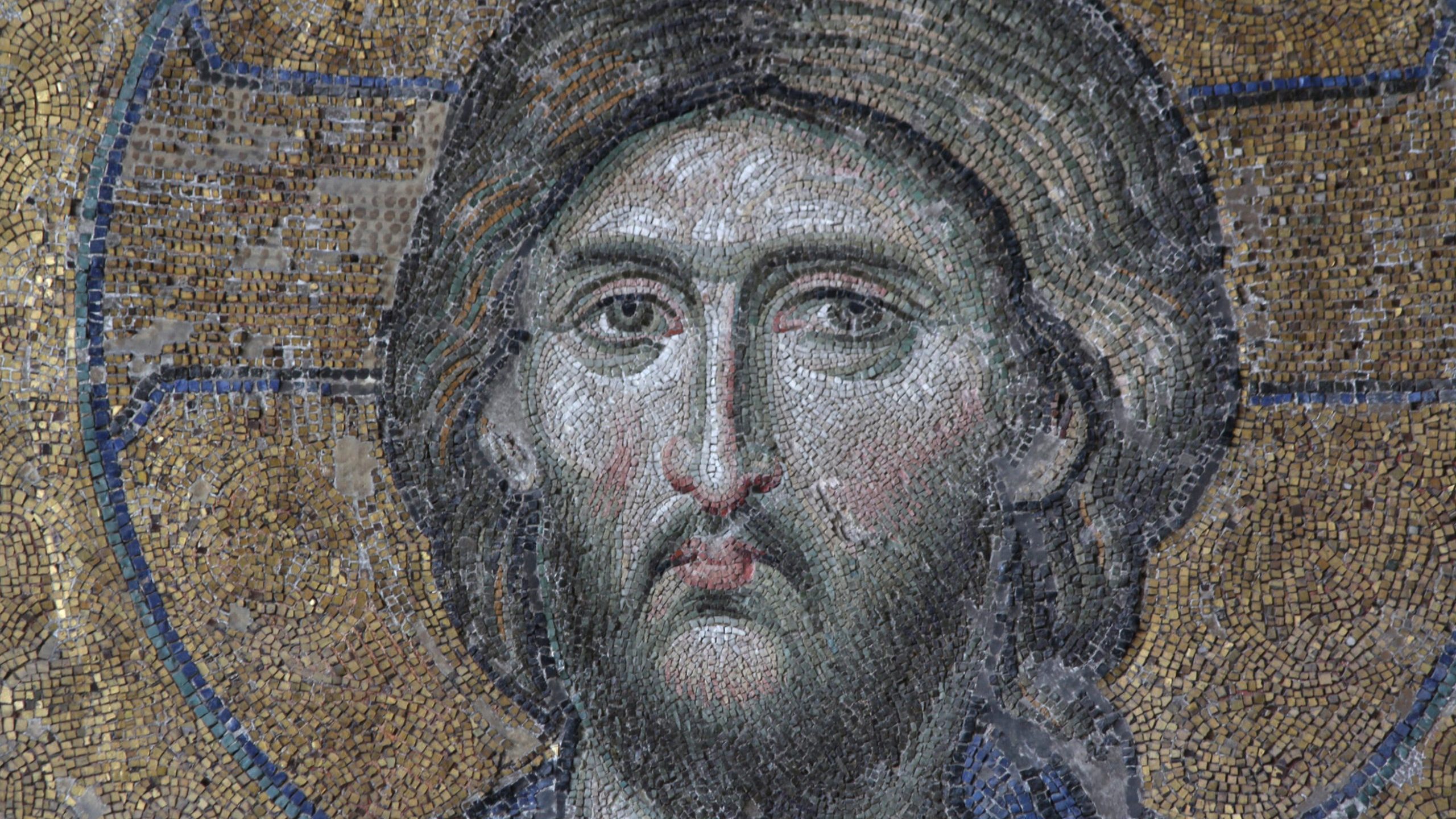The Greatest of these is Love
4th Sunday in Ordinary Time (C)
The English language has a huge vocabulary, with synonyms for just about everything. But when it comes to love, I can’t help but think our language is a little impoverished. I love God. I love my wife. I love my children. I love chocolate ice cream. Yet the love I have for my wife is quite different from the love I have for my children. My relationship to God is not at all equivalent to my relationship with chocolate ice cream.
Here the Greeks have an advantage over us. They have many different words for love. Eros is the word for romantic love. Storge is the word used to describe the love parents have for their children. Philia refers to love between friends. But the highest form of love is agape, which refers to self-giving love. In Latin the word is caritas, from which we get the English word “charity.” All other forms of love point to and find their perfection in agape.
The New Testament was written in Greek. Agape is the word being used in passages such as, “love one another as I have loved you” (Jn 15:12), “You shall love the Lord your God with all your heart” (Mk 12:30) and “you shall love your neighbor as yourself” (Mk 12:31), and “This is how all will know you are my disciples, if you have love for one another” (Jn 13:35).
Jesus requires agape of anyone who would follow him. “I give you a new commandment: love one another” (Jn 13:34). This tells us that love is not a feeling. Many people mistake love for affection. Affection is good, and it is natural that we experience good feelings when we are around our friends and loved ones. The mistake lies in equating those good feelings with love. Good feelings come and go, things outside of our control can easily affect our feelings, and some people’s dispositions cause them to feel things more intensely than others. If love were a feeling, then Jesus’ command wouldn’t make any sense. You can’t command someone to have a feeling.
Love is something we can choose. Love is something we can do. Love is an action word.
St. Paul talks about love in the second reading for this Sunday (1 Cor 12:31-13:13). This moving passage is sandwiched in between two chapters dealing with spiritual gifts. In the middle of a discussion about prophesying and speaking in tongues, St. Paul inserts this section which begins, “I shall show you a still more excellent way” (1 Cor 12:31).
This more excellent way is love. St. Paul tells us three very important things about love. The first is that love is greater than anything else. You can have the most amazing gifts of the Holy Spirit and if you don’t love, you have nothing. Conversely, even if you have no spiritual gifts at all, if you love, you have everything.
Second, St. Paul describes the characteristics of agape love, so that we might recognize it and put it into practice.
Love is patient, love is kind.
1 Corinthians 13:4-7
It is not jealous, it is not pompous,
it is not inflated, it is not rude,
it does not seek its own interests,
it is not quick tempered, it does not brood over injury,
it does not rejoice over wrongdoing
but rejoices with the truth.
It bears all things, believes all things,
hopes all things, endures all things.
Read that list over and over again. Strive to be the kind of person it describes.
The third and most important thing St. Paul tells us about love is that it is eternal. This is why it is greater than all the spiritual gifts. All the other spiritual gifts will eventually go away. Even faith and hope (which, together with love, constitute the three theological virtues) will eventually go away. That’s because they are all oriented toward the object of their fulfillment. For example, we have faith in God’s promise of salvation, and we have hope that God will achieve this in our lives. But these are virtues for this world. In heaven, we will not need faith to know God because “we will see him as he is” (1 Jn 3:2). In heaven, we will not need hope, because all that we could hope for will be ours. (So you could say that heaven is a hopeless place). But in heaven we will have love, because we will have God, and “God is love” (1 Jn 4:8).
God is agape. We are made in the image of agape. God is self-gift. We were made to receive that gift and to give ourselves as gifts in return. And that’s not a feeling. That’s not something we can fall in or out of. That’s something we can choose to do and must choose to do to gain eternal life, because only love is stronger than death (cf. Songs 8:6). This is why love never fails (1 Cor 13:8). This is why we have nothing if we don’t have love even if we have everything else, and why we have everything if we do have love, even if love means giving everything we’ve got.

